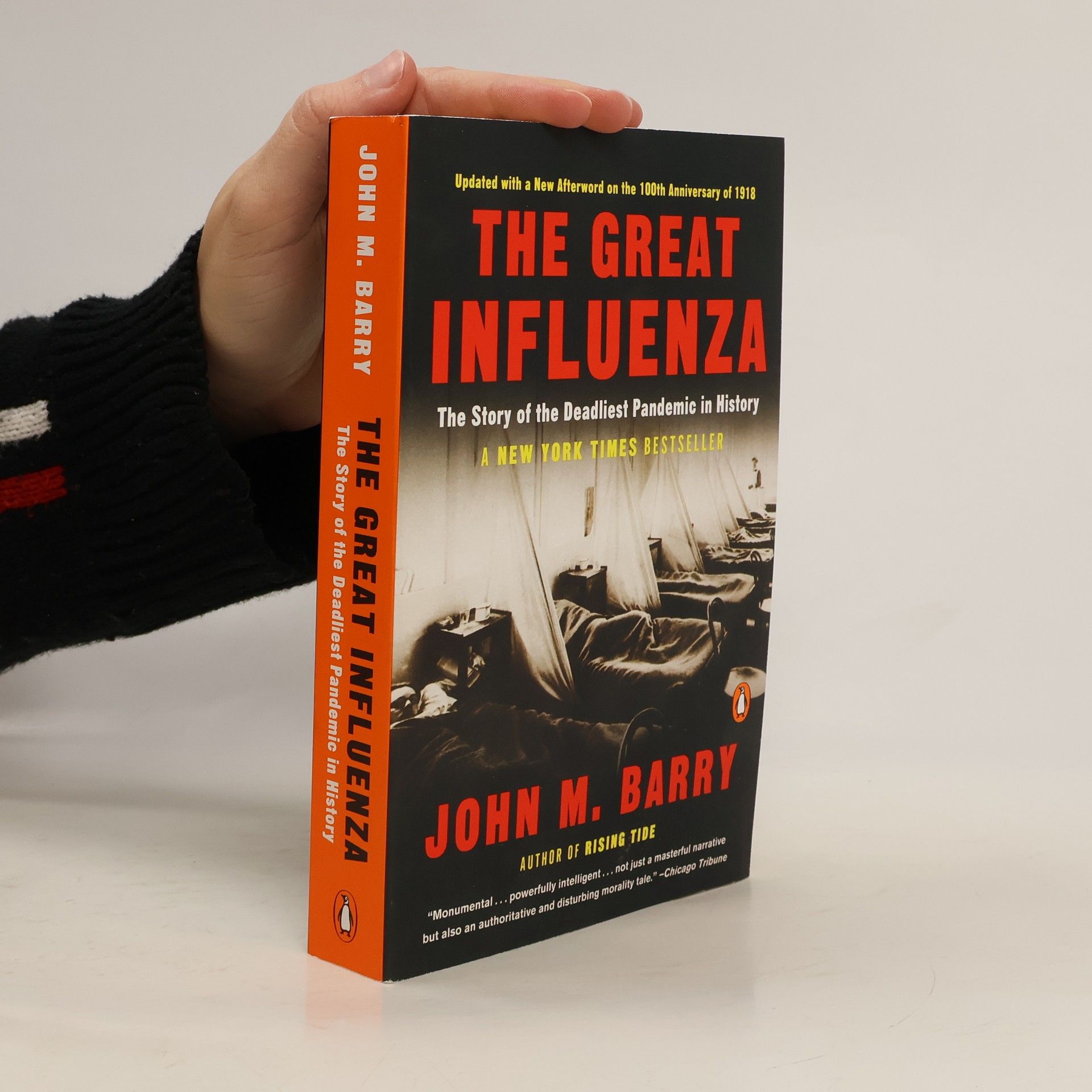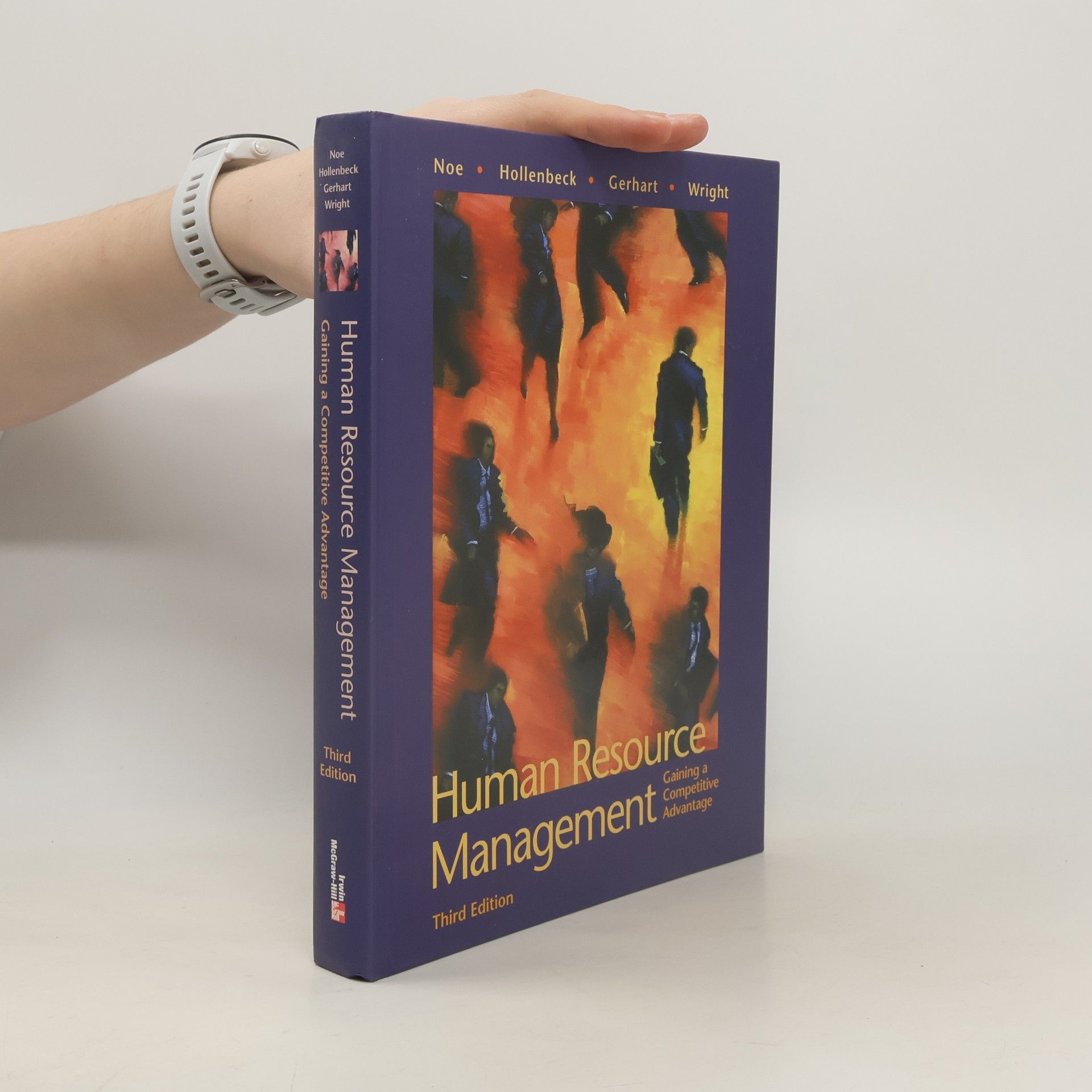This best-selling Irwin/McGraw-Hill human resource management title comes out in a new and improved format in time for fall classes 1999. According to the authors, effective human resource management is necessary for a firm to gain true competitive advantage. The three challenges companies face are the global challenge, the challenge of meeting stakeholder needs, and the high performance work practices challenge. HUMAN RESOURCE MANAGEMENT provides students with the technical background needed to be a successful HR professional, to manage HR effectively, and most importantly to be a knowledgeable consumer of HR products and services. The text also emphasizes how managers can more effectively acquire, develop, compensate, and manage the internal and external environment that relates to the management of human resources.
John M. Barry Knihy
John M. Barry je americký autor a historik, jehož dílo se soustředí na klíčové okamžiky americké historie a formování moderních společenských idejí. Jeho práce zkoumají dopady přírodních katastrof, jako byla Velká mississippská povodeň v roce 1927 a pandemie chřipky v roce 1918, a analyzují vývoj konceptů jako je oddělení církve od státu a individuální svoboda. Barryho literární přístup se vyznačuje hlubokým historickým výzkumem, který často odhaluje, jak tyto události a ideje formovaly Spojené státy. Díky své odbornosti v oblasti katastrof a veřejného zdraví se Barry také aktivně podílel na tvůrbě politik a strategií pro zvládání krizí, čímž propojil akademické bádání s praktickým dopadem.


The great influenza : the story of the deadliest pandemic in history
- 546 stránek
- 20 hodin čtení
"At the height of WWI, history's most lethal influenza virus erupted in an army camp in Kansas, moved east with American troops, then exploded, killing as many as 100 million people worldwide. It killed more people in twenty-four months than AIDS killed in twenty-four years, more in a year than the Black Death killed in a century. But this was not the Middle Ages, and 1918 marked the first collision of science and epidemic disease. Revised to reflect the growing danger of the avian flu, this is ultimately a tale of triumph amid tragedy, providing us with a precise and sobering model as we confront the epidemics looming on our own horizon."-- Provided by publisher